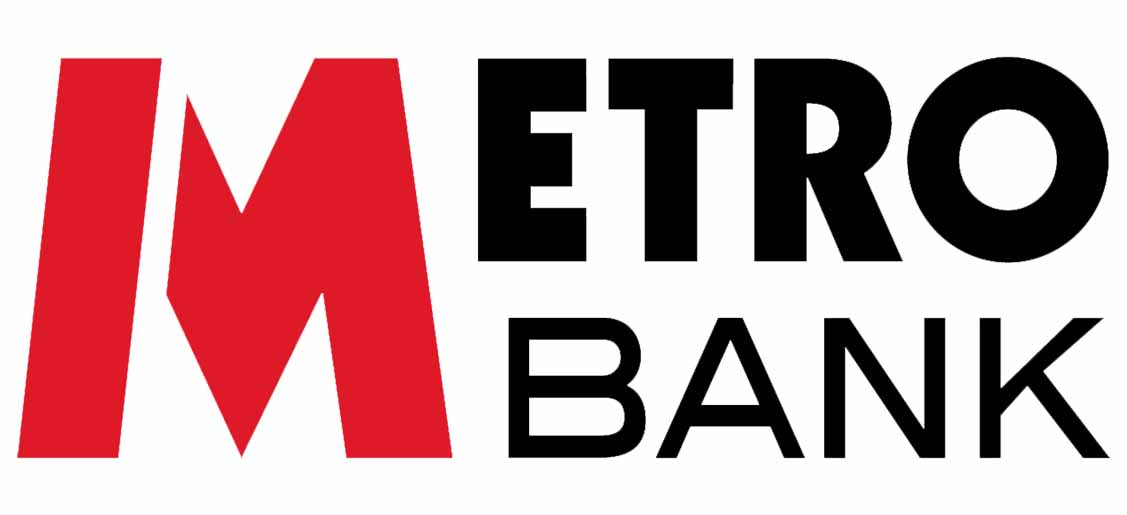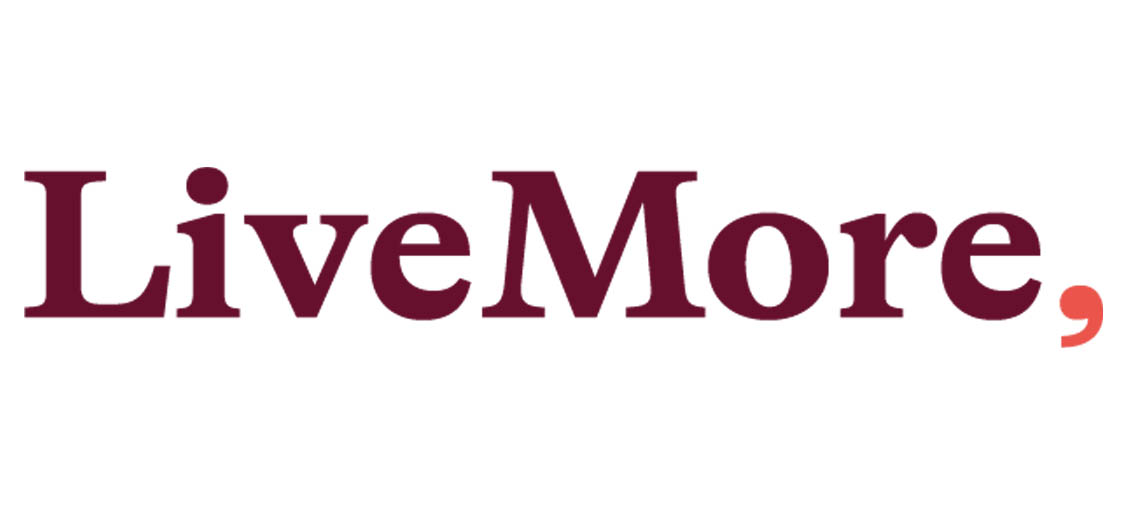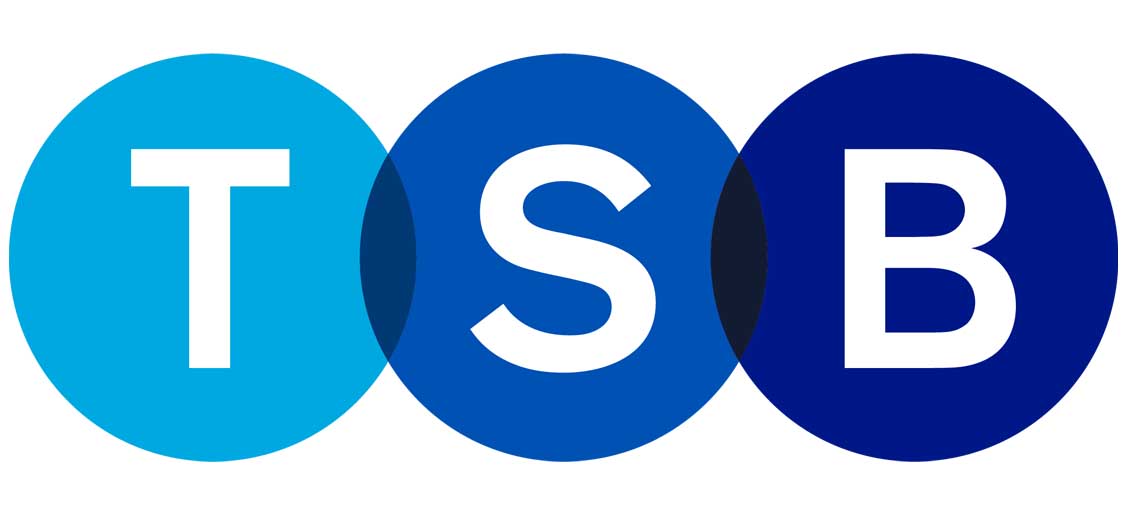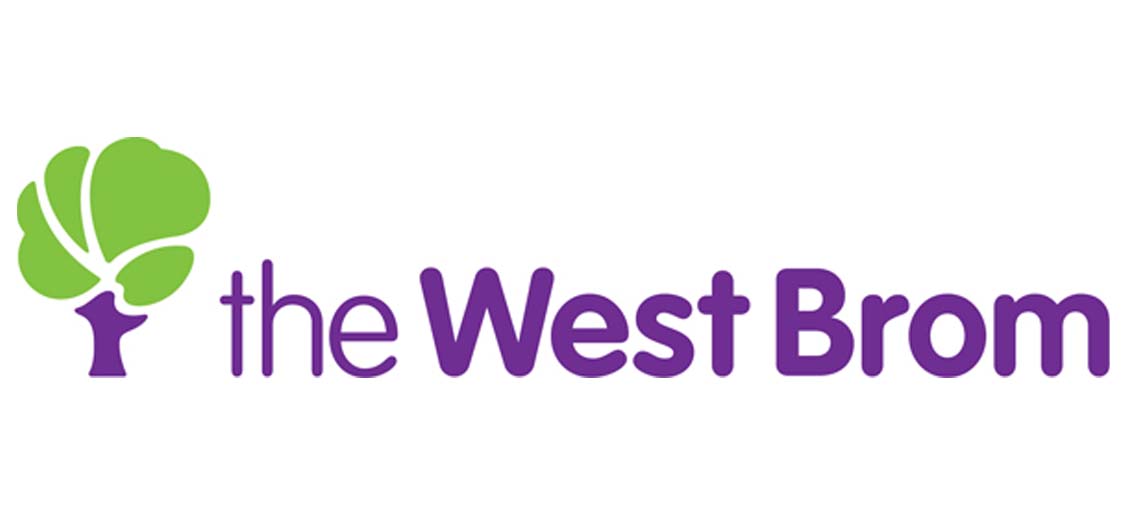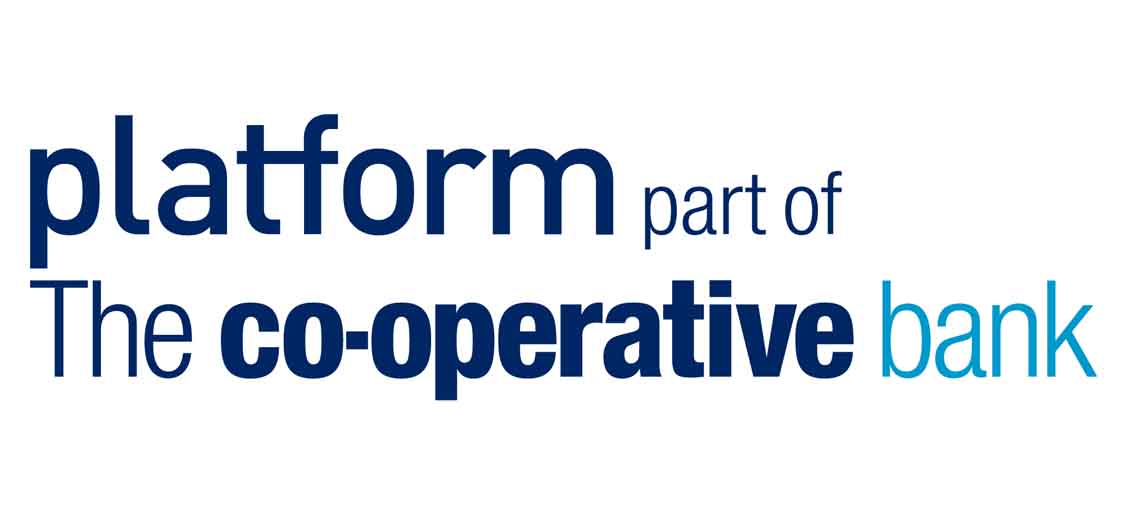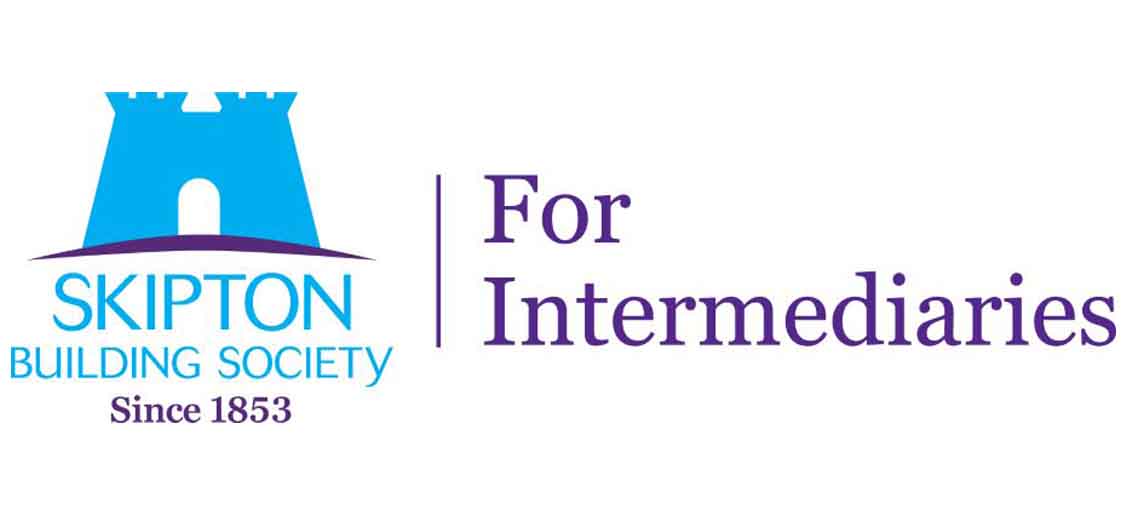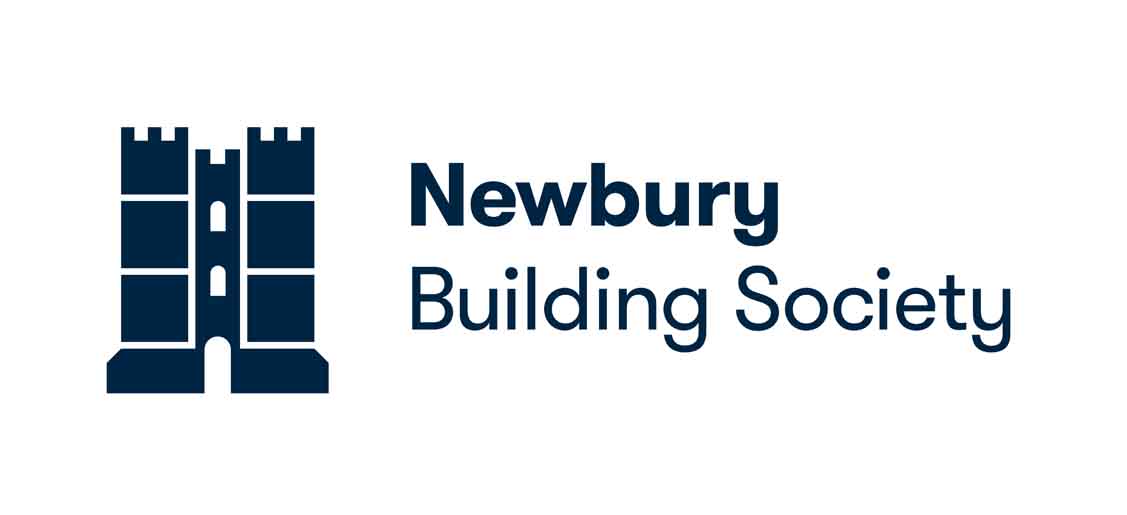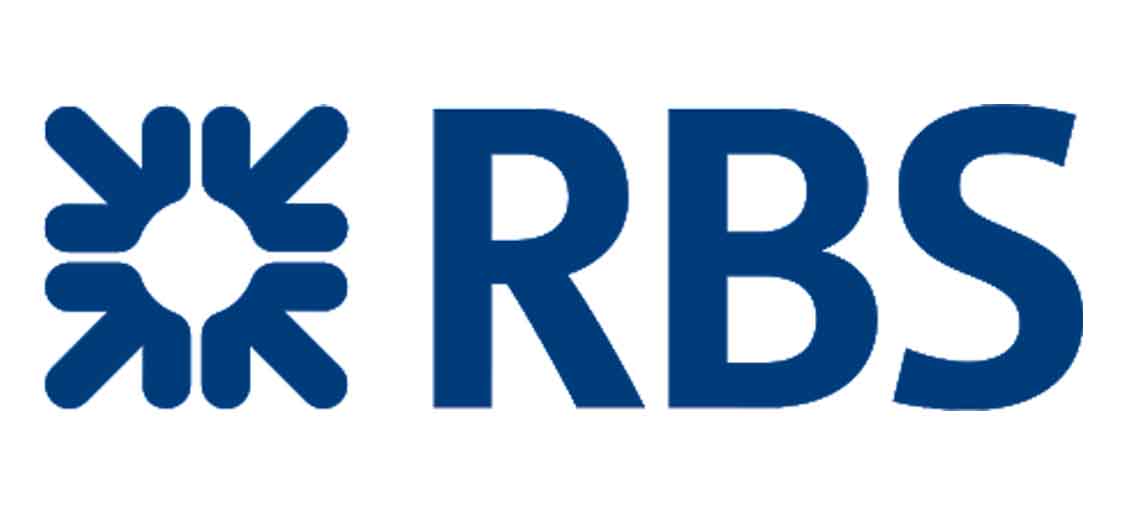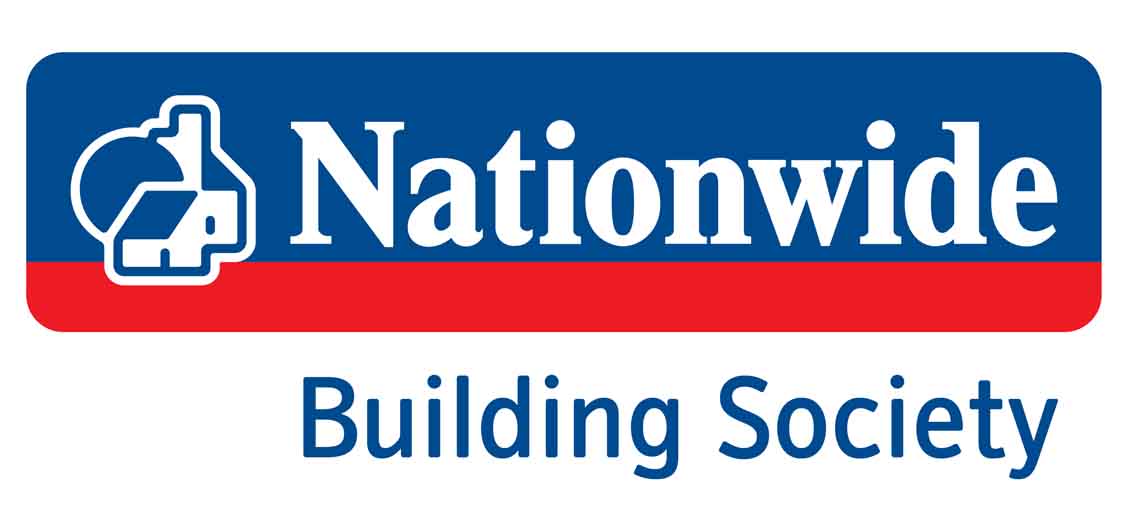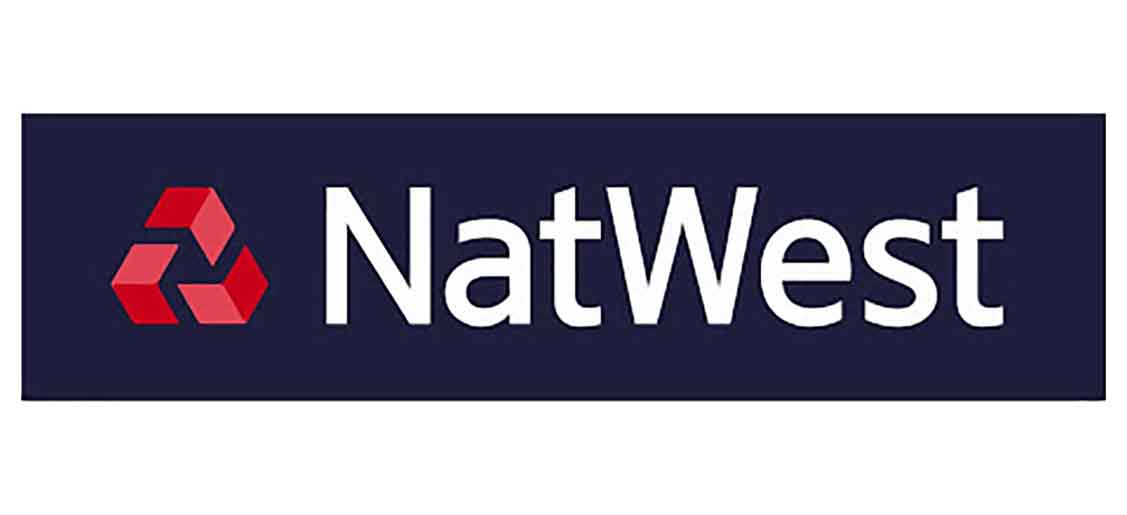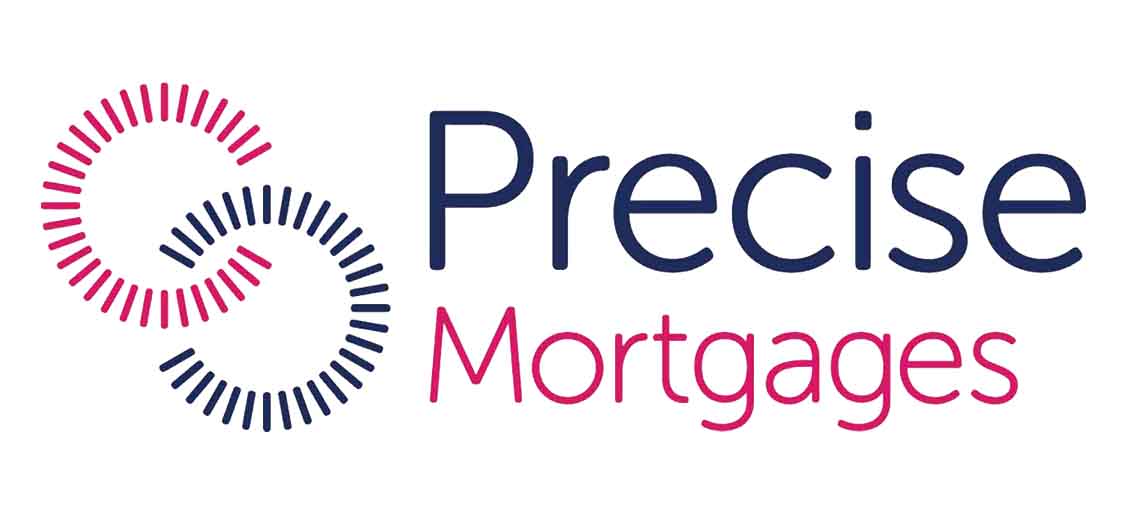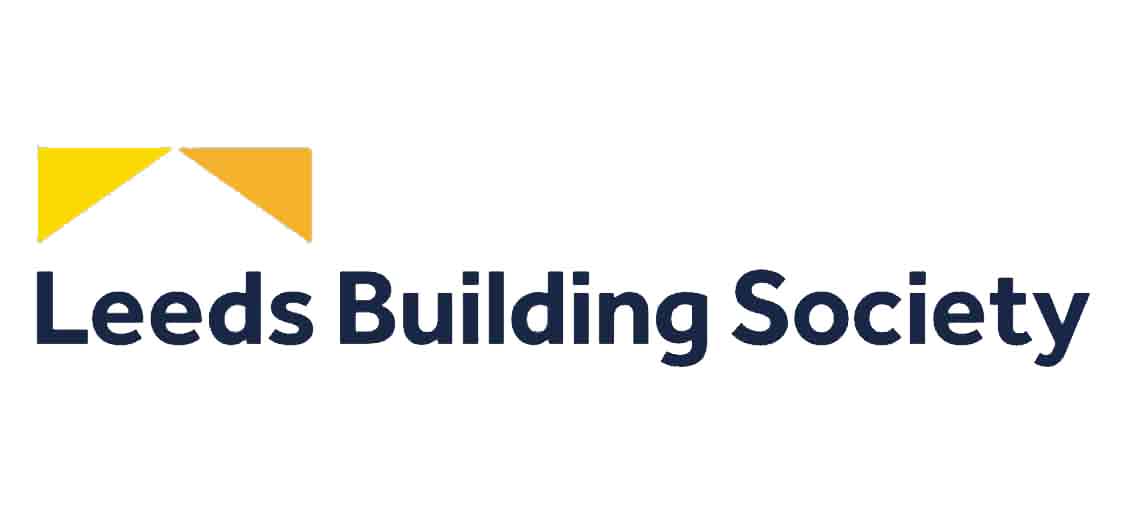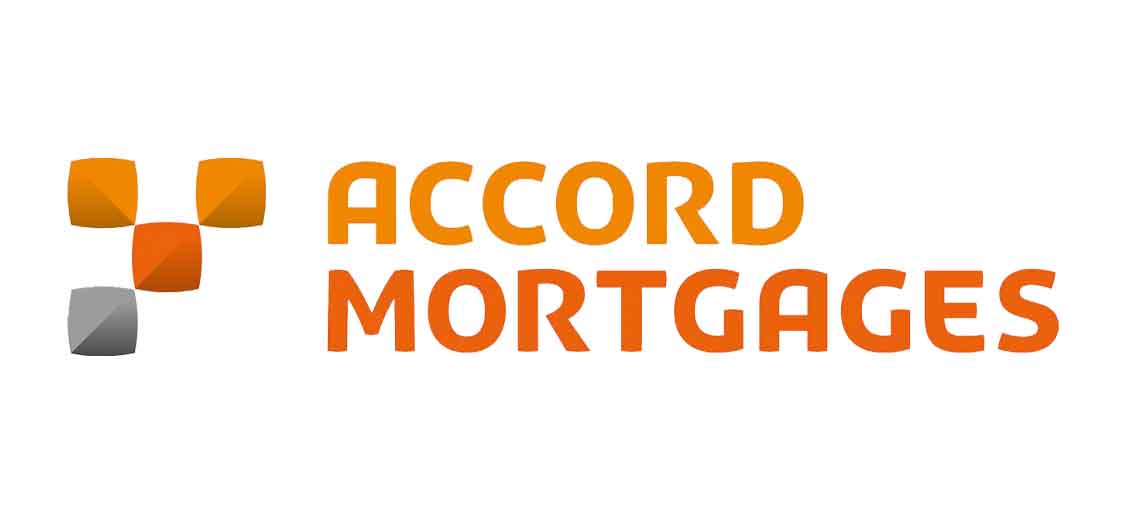First time buyer
Attention first-time home buyers! It’s time to turn your dream into reality. Why pay your landlord’s mortgage when you can invest in your very own home? Let’s make those dreams come true!
Congratulations on taking the first steps towards homeownership! Navigating mortgages as a first-time buyer can feel overwhelming, but a mortgage broker can be your secret weapon.
Check out our brief video below ⬇️
So you’re looking to get onto the property ladder and want to buy your first home. Becoming a homeowner is exciting; you finally have a place that you can call yours. It can feel at first overwhelming on what you need to do, know, think about and prepare for but Your Property Financial has helped hundreds of first-time buyers and it’s what we do. Keep reading to hear more about the things you need to do, know, think about and prepare for and then contact us and one of our mortgage brokers will walk you through the process and be there with you every step of the way.
What is the house-buying process and when do you need to speak to a mortgage broker
There are numerous steps in the journey to buying your first home and we will be there for you every step of the way as buying a property can feel at times like trying to complete a Rubix Cube that’s fighting back!
Let’s look at the typical steps in the general order you would come across them:
First things first, get yourself ready for being a first-time buyer and getting your first mortgage. When it comes to buying your first home, you’re likely going to need a mortgage to do that and that makes you a first-time buyer. So, first things first make sure you are fully prepared well before you start searching for properties to make sure you’re fully able to get a mortgage for when the time comes to find the home you wish to purchase.
Though in no particular order, you need to give the following some thought – Remember though, your mortgage broker can help you with all of this.
Your CREDIT SCORE.
The first thing to understand that your credit score is just that, a score, nothing more than a number; it’s not the full picture. Though clearly, a low score isn’t as good as a high score this from the credit rating agencies that you can approach directly for a copy of your score will only be there version of it as each credit rating agencies has a different viewpoint on what is good and bad for your score and remember every single lender also has it own internal credit score for you and some lenders will be relaxed about certain points whereas other lenders would outright decline and not consider your application.
Your DEPOSIT.
The bigger the deposit, the better and every extra 5% you can put down the better the mortgage terms are likely to be and potentially the lender will agree to lend you more if you need it.
When you can put down typically over a 15% deposit, i.e. 85% loan-to-value, you unlock most lenders’ maximum income multiples and affordability allowances. Speak to your mortgage broker as soon as possible to understand what deposit level is required, as many factors, such as your income level, credit score, lender or even the type of property you’re buying, can determine the deposit level you need and your mortgage broker can show you the different options available to you.
Gifted deposit for first buyers is perfectly fine but this gift needs to be one-way with no declaration or legal basis to be repaid at any time. The lender will need a few additional forms relating to this but your mortgage broker will be able to help with this.
Your INCOME
How much you earn is naturally a big part of how much you can borrow for a mortgage.
There are several ways a lender will consider your income and each lender also views this differently so your mortgage broker will be able to assist you to consider as they will first understand your full income and the evidence you have to support that and then place you with a lender that is able to view your income in the way required to assist you with getting the mortgage you require.
The one thing to remember is that lenders can only lend you money based on your taxable earnings, so you need to be able to evidence this through either your payslips, P60, Accounts or SA302 documents that you have received the declared income and can back that up.
Then, when it comes to your income, they will consider many parts of this:
Your basic salary, Bonuses, Commission, Overtime
If you’re self-employed, then lenders will typically be looking for
Your latest 2 years’ company accounts.
The latest 2-year SA302 tax year overview and tax calculations forms.
If your latest years’ accounts show an upward trend, then typically lenders will take either an average or potentially even the latest years’ figures, but if there is a downward trend, they will take the lowest years’ figures. Remember, it’s usually taxable income the lenders can consider, not what your business may have in retained profits/shareholders’ funds.
What is the house-buying process?
There are multiple stages to the house-buying process, below is a general guide to the different steps to consider:
Speak to a mortgage broker
First things first, speak to a mortgage broker to understand your options and know where you stand. Don’t be picking out your new curtains before you even know if you can obtain the mortgage you need to purchase the property you’d be happy with.
Collect documents
Part of speaking to a mortgage broker will be so they can let you know what documents you’ll be required to have available to get your new mortgage. Lenders are extremely specific about what they want and some forms that you may need to get can take several weeks to show up in the post, so ensure you have all the correct paperwork available and ready.
Check credit score
Make sure your credit score is up to scratch to get a mortgage. Mortgage lenders are very particular about your past and you could even have something on your credit report you didn’t know about!
Deposit confirmed and aware of costs
So how much can you put down as a deposit and how much are your costs (things like stamp duty and solicitors charges) really going to add up to. Remember depending on whether you’re buying the property just by yourself or with someone means there are different potential costs to consider. Your solicitor will be able to confirm their charges and also the tax implications to be aware of.
Monthly budget confirmed
How much can you afford to pay each month? Remember there will be other bills that you maybe haven’t had to pay before (Service charges/Ground rent) and mortgage rates are at an all-time low compared to historic rates, so make sure you can afford your payments if rates were to rise.
Borrowing options confirmed
Depending on your budget, deposit, credit score, income and many other factors, will have an impact on how much you can borrow. Make sure you’ve spoken to a mortgage broker to fully understand where you stand.
View properties
Now you know all of the previous points you can now start to look around and view properties with the confidence to go into a property purchase negotiation knowing what your budget is and what you can go up to. This puts you into a strong buying position!
Make an offer
Found the property you want to buy? Now’s the time to make your offer. You certainly don’t have to offer the full asking price though of course if you’re serious about buying it you should put in an offer that shows your level of interest. Your mortgage broker can help with this and can confirm you’re in a proceedable position. Your Mortgage Certificate will be key to this also.
Offer accepted
Congratulations you’ve had your offer accepted! Now you know this you can start to arrange your mortgage and you should let your mortgage broker know asap. Ask the estate agent for a copy of the memorandum of sale. You’ll need to confirm the solicitor you’re likely to use at this time, also. Don’t instruct the solicitor yet, though.
Application submitted
The mortgage broker will now collect all your paperwork and arrange to speak with you to finalise everything and confirm the exact terms available for you to apply for at that time. Your mortgage broker can also speak with the estate agents to let them know everything is in hand and sorted.
Don’t let your dream home slip away! First-time buyers, now is the perfect time to take action and make that dream a reality. Seize the opportunity today!
Solicitors instructed
Once your mortgage application has been successfully submitted you can then instruct your solicitor to start to complete the legal work. They will often ask for an initial deposit at this stage. The reason not to instruct the solicitors is not all mortgage lenders work with all solicitors and it can be a tricky situation if you’re excited about a certain mortgage deal with a particular mortgage lender you want, but the lender doesn’t work with your chosen solicitors.
Initial underwriting assessments
The mortgage lender underwriting team will now assess your application to ensure it meets their affordability, income multiples, mortgage & credit assessments inline with the application submitted and documents provided.
Valuation report instructed
Once the lender is happy with your application and documents, they will then instruct their surveyor to perform a valuation on the property to ensure it meets their criteria and the valuation used is realistic.
This is an important point as the bank wants to be sure if you default, they will be able to repossess and get their money back, so they will be expecting the surveyor to give a fair valuation. So in this situation, be careful about overpaying for a property in terms of comparables in the same postcode.
You may be happy to pay £30k+ over the asking price because it’s the home of your dreams, but the surveyor will look at it in a much more conservative way. Your mortgage broker can provide more guidance around this area.
There are options for you to perform your own surveyor of the property, which we will cover shortly, remember, the mortgage lender valuation/survey is very standard and is there for them to confirm resale ability and it meets their criteria. If there are works needed in the future (which, as the new owner, you will be shortly paying) it will not be likely to mention these.
Valuation report received
The all-important valuation comes back and hopefully confirms the property is all good to go from the lender’s perspective.
Underwriting passed
The mortgage lenders will complete one more last review taking everything into consideration and make their final decision whether to lend to you or not. Sometimes they have additional questions and will speak to your mortgage broker to understand or clarify anything further they need to know.
Mortgage Offer
Great news the bank has decided to lend to you and has formally issued a mortgage offer confirming the terms they are willing to lend to you on. Remember these terms are based on the details in the application, so if your circumstance changes prior to completion the lender has the right to review this. Your mortgage broker can provide more clarity around this.
Your own survey on the property
Now you know the lender is happy with you and the property, now is the time (whilst all the legal works are continuing) for you to complete (if you wish to) further due diligence on the home you’re about to purchase to ensure you know about any potential problems or remedial work required.
This would be in the form of a homebuyers report or a structural survey.
Exchange of contracts
This is the legal process you go through to confirm you’re now committing to the purchase and the seller is legally committed to the sale. As the buyer, you will be asked to put forward a 10% deposit at this point and if you were to redraw hereafter, you would likely be in breach of contract and would lose your 10%.
This is generally very good news and you know both parties are legally committed and therefore your new home is only a few weeks typically from being yours!
Protection policies live
Now you’re legally committed to the purchase, you need to ensure you’re adequately insured personally and also that the property is covered.
If the property is a freehold, you would need to have the buildings insurance now in place.
Your mortgage broker can help ensure everything is live on the dates they need to be.
Completion
You’ve done it! The home is now yours and you can go collect the keys from the estate agents.
Finally, legal paperwork to ensure you and your loved ones are protected from taxes and ensure that if anything happens to you the property and your assets are passed on in accordance with your wishes.
Sit back, put your favourite film on and relax, you’re in your new home.
Get in touch for an initial free, no-obligation chat with an advisor about how we might be able to help you.
Why Choose Us
Buying your first home is a big deal, and we want to make sure you feel valued and supported every step of the way. Here’s why we treat our first-time buyers as VIPs
Personal Mortgage Advisor
You’ll be assigned a dedicated mortgage advisor who will be your single point of contact, providing expert guidance and support every step of the way. They’ll be available to answer your questions, explain complex terms, and ensure you feel confident in your decisions.
Regular Communication
We’ll keep you informed throughout the entire process, providing regular updates and proactively addressing any potential challenges. You’ll never be left wondering what’s happening with your mortgage application.
Tailored Solutions
Access to Exclusive Deals: We have access to a wide range of mortgage products, including exclusive deals and discounts specifically for first-time buyers.
Assistance with Additional Services: We can connect you with trusted professionals, such as solicitors and surveyors, to ensure a seamless home-buying experience.
Ongoing Support
Post-Completion Assistance: Our support doesn’t end once you’ve received your mortgage. We’ll be available to answer any questions you may have about your mortgage and homeownership.
Long-Term Relationship: We aim to build a long-lasting relationship with you, providing ongoing support and guidance throughout your homeownership journey.





